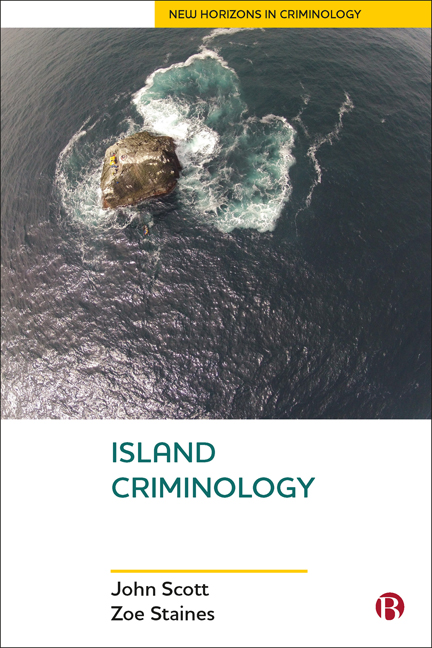6 - Insularity
Published online by Cambridge University Press: 17 January 2024
Summary
This chapter contains references to sexual abuse of minors that readers may find upsetting or disturbing.
The reader must remember that all these people are the descendants of half a dozen men; that the first children intermarried together and bore grandchildren to the mutineers; that these grandchildren intermarried; after them, great and great-great-grandchildren intermarried; so that to-day everybody is blood kin to everybody. Moreover, the relationships are wonderfully, even astoundingly, mixed up and complicated. A stranger, for instance, says to an islander: ‘You speak of that young woman as your cousin; a while ago you called her your aunt.’
‘Well, she is my aunt, and my cousin, too. And also my stepsister, my niece, my fourth cousin, my thirty-third cousin, my forty-second cousin, my great-aunt, my grandmother, my widowed sister-in-law – and next week she will be my wife.’
(Twain, 1879)Islands have been a wonderful stage for political satire and Mark Twain was quick to see the potential of Pitcairn Island, which had become a mythological place a century after mutineers had founded it. Pitcairn Island is Britain's smallest colony (1 mile long and 2 miles wide) and is also the last British territory in the Pacific. It is ideal for our purposes in this chapter, in the sense that its isolation and size, measured in geography and population, render it a stereotype of an island. Pitcairn has also been described as a ‘site of textual overload’ (Fletcher, 2011, p 58), which situates it well in terms of place. In addition to Twain's contribution, its story inspired a novel by Jules Verne and a myriad of Hollywood movies.
Social integration as much produces crime as it prevents it, just as crime may also facilitate social integration. This is hardly a new insight, having been famously proposed by the French sociologist, Emile Durkheim. In a similar vein, the ‘social glue’ of Pitcairn has been a source of both idyllization and horror. As we discussed in Chapter 2, a key aspect of the island-idyll is the notion that islands embody ‘communitarian’ qualities. Communities are seen as collections of people sharing certain interests, sentiments, behaviours, and objects by virtue of their membership of a social group (Amoamo, 2012, p 427).
- Type
- Chapter
- Information
- Island Criminology , pp. 98 - 110Publisher: Bristol University PressPrint publication year: 2023

